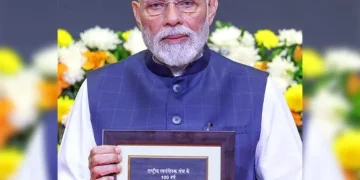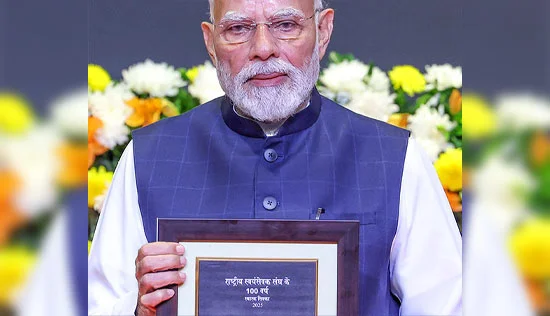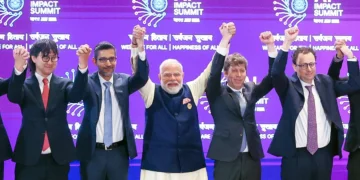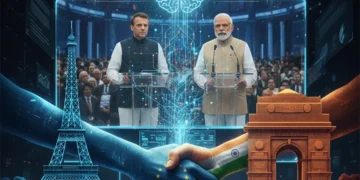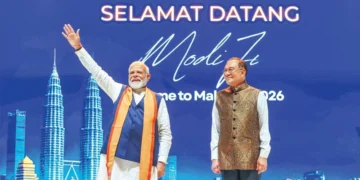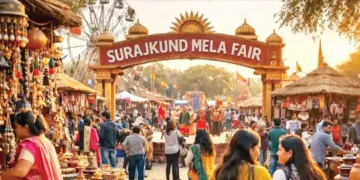Munish Gupta
NEW DELHI: FOUNDED in Nagpur a hundred years ago, the Rashtriya Swayamsevak Sangh (RSS) has today swelled into a pan- India movement for character-building and national rejuvenation. Prime Minister Narendra Modi – himself an RSS volunteer – aptly hailed it as “India’s banyan tree of immortal culture and modernisation”.
Speaking at the centenary celebrations of the RSS in New Delhi, PM Modi recalled that the Sangh was established at a time when India faced an identity crisis under colonial rule, with citizens suffering a loss of selfconfidence and self-respect. Highlighting the organisation’s philosophy, he underlined its guiding principle of ‘nation first’.
The Prime Minister also released a specially designed commemorative postage stamp and a Rs 100-coin highlighting the Sangh’s contribution to the nation. RSS volunteers’ tireless work, he said, is serving the nation and empowering society.
“The RSS works in different sections of society but there are never contradictions among its various wings as they work on principle of nation first,” the Prime Minister emphasised.
Political and ideological rivals have frequently depicted it as sectarian, exclusionary, or regressive. Politics may reflect its ideological imprint, but the Sangh’s work extends beyond electoral influence into the moral and cultural formation of citizens. Despite innumerable obstacles, the Rashtriya Swayamsevak Sangh has continued to work seamlessly and steadily, expanding its reach massively. The official statistics – shared at a high-level meeting of its senior functionaries in October last year – provide a glimpse of how it has reached every nook and corner of the country.
At present, 72,354 shakhas are being held in 45,411 places. About 3,626 new places with 6,645 new shakhas have been added in the last year as part of the expansion drive ahead of the centenary year.
While the RSS has influenced politics through affiliated organsations such as the Bharatiya Jana Sangh and the Bharatiya Janata Party, its primary mission has always remained non-partisan. The Sangh continues its grassroots activities – from relief work during natural disasters to educational initiatives in rural areas as part of its commitment to nationbuilding beyond politics. In his recent speeches, RSS chief (sarsanghchalak) Mohan Bhagwat has emphasised that the centenary is not merely a celebration of the past but an opportunity to re-dedicate RSS to the service of society and the nation.
As the RSS steps into its second century, some of the goals that have been achieved are building up of a grand temple of Lord Ram in Ayodhya, abrogation of Article 370 in Jammu & Kashmir, ban on Triple Talaq, cow protection and antislaughter laws, and promotion of Hindutva oriented cultural identity. What remains unfulfilled is creation of Akhand Bharat, total social harmony and a Uniform Civil Code. In its second century, the RSS role in the country’s evolving democracy is set to remain critical. As PM Modi said, “the contribution of the Sangh will be crucial in the mission of building a developed India by 2047.”
